This article was medically reviewed by Erik Kramer, DO, MPH and by wikiHow staff writer, Jennifer Mueller, JD. Dr. Erik Kramer is a Board-Certified Primary Care Physician at the University of Colorado. With over 15 years of experience, his clinical interests include obesity and weight management, diabetes care, and preventive care, as well as embracing a holistic approach to primary care. He received his Doctorate in Osteopathic Medicine (D.O.) from the Touro University Nevada College of Osteopathic Medicine and completed his residency at Central Maine Medical Center. Dr. Kramer is a Diplomate of the American Board of Obesity Medicine.
There are 10 references cited in this article, which can be found at the bottom of the page.
This article has been viewed 29,394 times.
There is no known cure for smallpox. However, the disease has been globally eradicated and no longer occurs naturally. Because stocks of the virus exist in US and Russian laboratories, there is a concern that the virus could potentially be used as an agent of bioterrorism.[1] As of 2019, there is no specific treatment for smallpox beyond supportive measures to relieve symptoms. Taking the smallpox vaccine soon after exposure might protect you from the disease or keep you from becoming as sick as you would have otherwise.[2]
Steps
Relieving Smallpox Symptoms
-
1Recognize possible pre-eruptive symptoms of smallpox. If you're exposed to smallpox, the first symptoms develop after a 10- to 14-day incubation period. You'll feel healthy during the incubation period. However, after that period ends, you'll have a sudden onset of symptoms that last 2 to 4 days, including:[3]
- Fever
- Aches and pains; severe back pain
- Severe fatigue
- Vomiting
-
2Watch for flat red spots on your skin. These spots will start at your trunk and move out towards your extremities. This is the eruptive phase of the virus, which begins about 24 hours after the onset of pre-eruptive phase symptoms. The red spots on your trunk and extremities will develop into blisters within a few days.[4]
Tip: The flat red spots are a definitive sign of smallpox infection. Prior to this point, a smallpox infection would simply look like a cold or the flu.
Advertisement -
3Isolate the infected person immediately. Once the rash appears, anyone infected with smallpox becomes contagious. Smallpox can not only be passed on by contact with that person, but also by contacting anything they touch. Immediate hospitalization enables the person to be cared for properly.[5]
- Once isolated in a sterile environment, the person's condition will be monitored continuously by medical professionals wearing sterile protective suits.
-
4Administer tecovirimat or TPOXX if someone has small pox. If a person has been infected with small pox, they will likely be given a medication called tecovirimat or TPOXX. This medication is only available through the government. However, it will treat smallpox in adults and children. The person will have to take the medication twice daily by mouth for 14 days.[6]
-
5Make sure the patient stays well hydrated. As with any ill person, dehydration is a risk for people with smallpox. Intravenous fluids may be necessary for some people with smallpox if they become unable to drink fluids on their own due to the spread of the disease or other symptoms.[7]
- Hydration won't necessarily ease the person's symptoms but can help strengthen the person's immune system and keep the disease from getting any worse.
-
6Provide medication as needed to ease cold and flu symptoms. Many of the symptoms of smallpox are similar to any cold or flu and can be treated with similar medications. The fever or aches and pains of smallpox are responsive to the usual remedies for those symptoms. However, treating those symptoms does not treat smallpox itself.[8]
- Treating cold and flu symptoms can strengthen the person's immune system, making it easier for them to combat the disease itself.
-
7Treat any bacterial infections that develop with antibiotics. Because of the blisters and sores on the skin, bacterial infections may develop in even the most sterile of environments. Some smallpox patients may also develop internal infections, such as lung infections.[9]
- These infections are responsive to antibiotics. However, antibiotics only treat the bacterial infection. They do not treat the smallpox itself, which is a viral infection, not a bacterial one.
Preventing Smallpox Infection
-
1Notify your local public health department if you've been exposed to smallpox. In most countries, smallpox is a condition that requires immediate government notification to prevent the spread of the disease. The government has tools to contain a potential outbreak if notified promptly.[10]
- Typically, if you report to a hospital, the hospital would notify the appropriate authorities, who would then take action.
-
2Get a vaccine within 3 days of exposure. If you are vaccinated within 3 days of the date you're exposed to smallpox, the vaccine might protect you from getting the disease at all. Even if you get the disease, you'll likely have a lighter case and get much less sick than an unvaccinated person would.[11]
- Even if it's been over 3 days since your exposure, the vaccine may still be effective as long as you get it within 4 to 7 days of exposure. Although you'll probably still get the disease, you won't get as sick as you would have otherwise.
- The smallpox vaccine is ineffective if you've already developed the rash.
Tip: Although the vaccine is not commonly given to the general public since the disease was eradicated, governments have enough of the vaccine to protect the public in the event of an outbreak.
-
3Avoid contact with anyone who has been exposed to smallpox. Smallpox is spread primarily through direct contact with an infected person, or through indirect contact with that person's clothing or bedding. The risk of infection from contaminated items is lower than it is through direct contact, but it's still a risk.[12]
- The virus can also be transmitted through the air, such as when the infected person talks, coughs, or sneezes.
- It may also be possible for the airborne illness to travel further, for instance through ventilation or air-conditioning systems.
Warnings
- Even a single case of smallpox would be considered an international health emergency, considering the disease is believed to be eradicated in the natural world.[14]⧼thumbs_response⧽
References
- ↑ https://www.cdc.gov/smallpox/bioterrorism/public/index.html
- ↑ https://www.cdc.gov/smallpox/prevention-treatment/index.html
- ↑ https://www.sciencedirect.com/topics/immunology-and-microbiology/smallpox
- ↑ https://www.mayoclinic.org/diseases-conditions/smallpox/symptoms-causes/syc-20353027
- ↑ https://www.sahealth.sa.gov.au/wps/wcm/connect/public+content/sa+health+internet/conditions/infectious+diseases/smallpox/smallpox+-+including+symptoms+treatment+and+prevention
- ↑ https://www.cdc.gov/smallpox/prevention-treatment/index.html
- ↑ https://www.chop.edu/centers-programs/vaccine-education-center/human-immune-system/how-immune-system-works
- ↑ https://my.clevelandclinic.org/health/diseases/10855-smallpox/management-and-treatment
- ↑ https://www.msdmanuals.com/en-kr/professional/infectious-diseases/pox-viruses/smallpox
- ↑ https://www.uofmhealth.org/health-library/tn8265
- ↑ https://www.cdc.gov/smallpox/prevention-treatment/index.html
- ↑ https://www.mayoclinic.org/diseases-conditions/smallpox/symptoms-causes/syc-20353027
- ↑ https://www.mayoclinic.org/diseases-conditions/smallpox/symptoms-causes/syc-20353027
- ↑ https://www.cdc.gov/smallpox/bioterrorism/public/threat.html
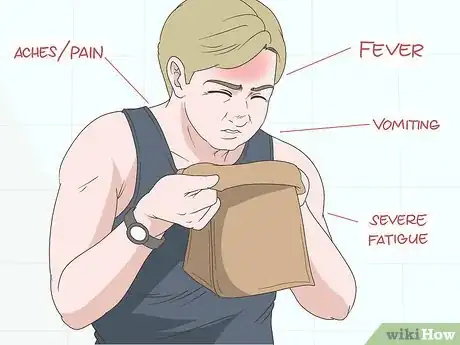
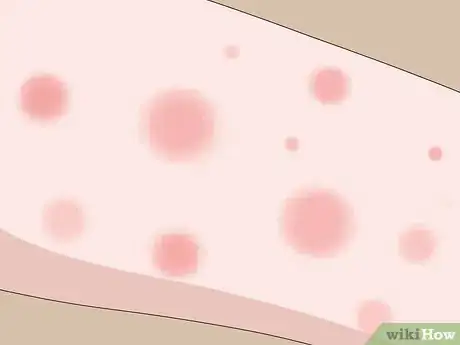

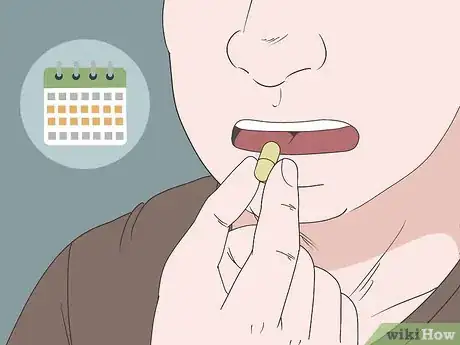


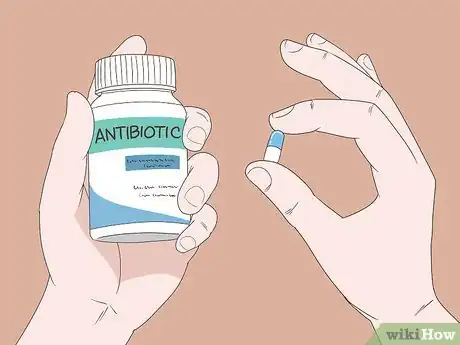
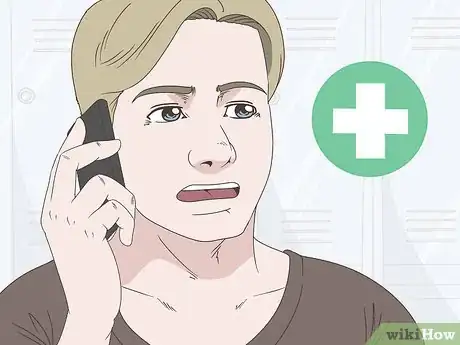
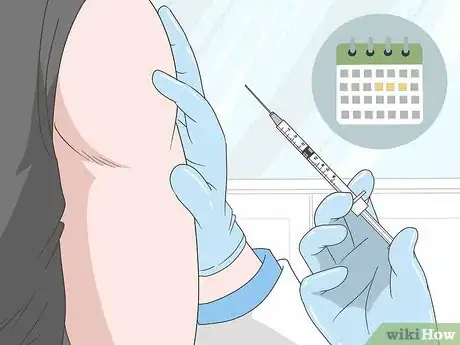
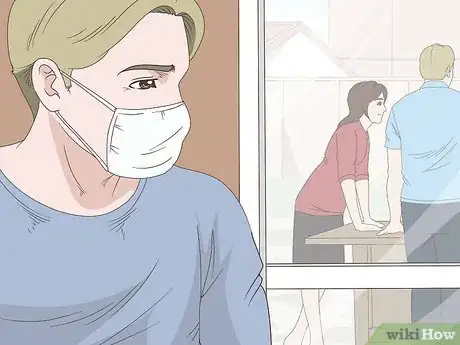
-Step-11-Version-2.webp)






-Step-13.webp)
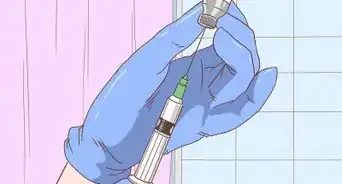

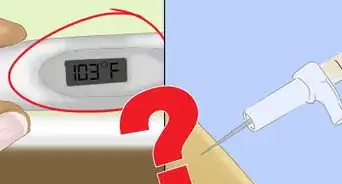








-Step-11-Version-2.webp)

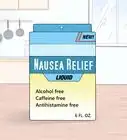




































Medical Disclaimer
The content of this article is not intended to be a substitute for professional medical advice, examination, diagnosis, or treatment. You should always contact your doctor or other qualified healthcare professional before starting, changing, or stopping any kind of health treatment.
Read More...